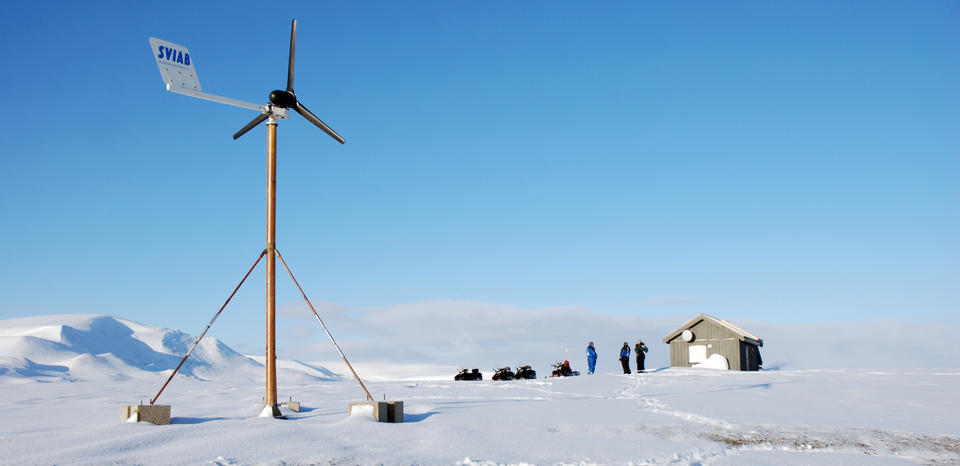GoNorth!

This is the name for a broad consortium of geoscience researchers investigating the arctic.
The project has received support from the Norwegian government, who have stated:
The government wants Norway to be an Arctic Ocean knowledge leader. Therefore, a total of 3 million NOK is given to the "GoNorth" project, which will contribute to researching and gaining knowledge on the marine areas north of Svalbard.
The aim of the project is to increase knowledge about the marine conditions north of Svalbard, in the Arctic Ocean. The academic scope of the project extends from the geology of the subsurface to the ecosystems within the water column. We wish to investigate the processes behind the opening of the Arctic Ocean 60 million years ago, the dynamics of the Gakkel Ridge (a mid-oceanic spreading ridge) and the historical changes in climate over the last 50 million years as derived from sedimentary sequences.
The water column will be a study focus for marine biologists, oceanographers and require a range of technologies. The ecosystems in the Arctic Ocean topic will be cross-disciplinary. Relevant technologies will include environmental technology, ice mechanics, sensor systems and autonomous vehicles. These technologies can contribute to new and improved data collection, but their deployment can also be used for their own testing and development. Private companies have shown interest in the GoNorth project from a technological perspective, as well the business opportunities related to the technology development involved.
Education and outreach has been included in the programme, so that we can bring forth and inspire a new generation of Polar researchers. GoNorth brings together a national team of researchers and institutions to ensure high scientific quality and cost-effective use of resources. Collaboration will be key in relation to other major research initiatives such as the Nansen Legacy (‘Arven etter Nansen’) (with a focus on the Barents Sea water column) and MAREANO (seabed mapping in coastal areas).
NORSAR's contribution to the program is focused on tectonics, understanding the seafloor spreading, and studying the movements in the Earth's crust and ice caps of the area. Our stations on Svalbard and Bjørnøya will crucial in this regard.
You can read the rest of the Government's press release here.